The Ultimate Guide to Buying Land in Oklahoma: Everything You Need to Know
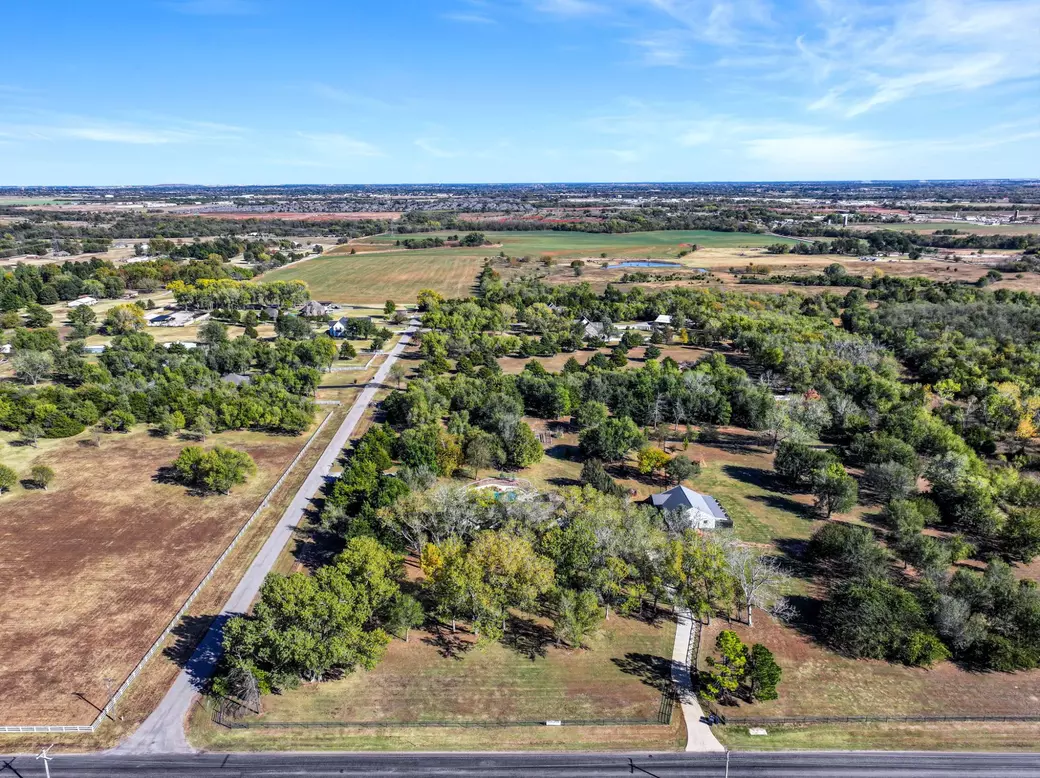
Are you considering buying land in Oklahoma? Whether you’re looking for a quiet retreat, an investment opportunity, or a place to build your dream home, Oklahoma offers a wealth of possibilities for land buyers. From scenic landscapes to affordable prices, the Sooner State has become a popular destination for those seeking to purchase property. But before you take the plunge, it’s essential to understand the ins and outs of buying land in Oklahoma. In this comprehensive guide, we’ll cover everything you need to know to make an informed and confident decision.
Why Buy Land in Oklahoma?
Oklahoma is known for its vast, diverse landscapes, ranging from rolling plains and lush forests to rugged mountains and tranquil lakes. The state offers affordable land prices compared to many other regions in the United States, making it an attractive option for potential buyers. Whether you’re interested in recreational land, farmland, or simply a quiet retreat away from the hustle and bustle of city life, Oklahoma has a wide variety of properties to choose from.
Key Factors to Consider When Buying Land in Oklahoma
-
Location and Access
- Oklahoma offers a wide variety of land types in different regions, each with unique characteristics. When considering a property, think about its proximity to major cities like Oklahoma City, Tulsa, Norman, and Lawton. Rural properties can be more affordable, but they may require longer travel times to essential services. Make sure to check access to major roads or highways and whether the land is easily reachable year-round.
-
Land Zoning and Regulations
- Before purchasing land, it’s crucial to research the zoning laws in the area. Zoning regulations dictate how land can be used, whether for residential, agricultural, or commercial purposes. Ensure that the land is zoned for the intended use, or consider whether a zoning change is possible. Local governments often have strict building codes and restrictions that could affect your plans.
-
Utilities and Infrastructure
- Some land in Oklahoma, especially in rural areas, may not have immediate access to utilities such as water, electricity, and sewage systems. It’s essential to assess whether these services are available or if you’ll need to make arrangements for off-grid living or private well systems. Additionally, if you plan to build on the land, the cost of installing these utilities should be factored into your budget.
-
Water Rights and Land Use
- Water rights are a significant consideration when buying land in Oklahoma, especially if the property includes a stream, pond, or lake. Make sure to verify whether the land has water rights that allow you to use the water for irrigation or recreational purposes. Additionally, understanding how the land has been used in the past can provide insight into its suitability for your goals.
-
Topography and Soil Quality
- If you plan to use the land for agricultural purposes or building a home, evaluating the soil quality and topography is important. Fertile soil is ideal for farming or gardening, while land with rocky or uneven terrain may present challenges when constructing structures or developing the property. A soil test and topographic survey will help you assess the land’s potential for your intended use.
-
Land Survey and Property Boundaries
- A land survey is crucial to ensure that you know the exact boundaries of the property. Disputes over property lines can be costly and time-consuming, so hiring a professional to perform a survey can help prevent legal issues down the road.
Categories
Recent Posts

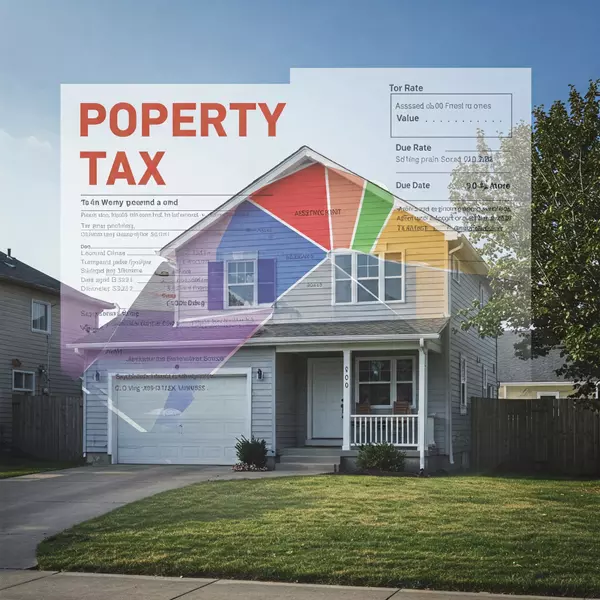



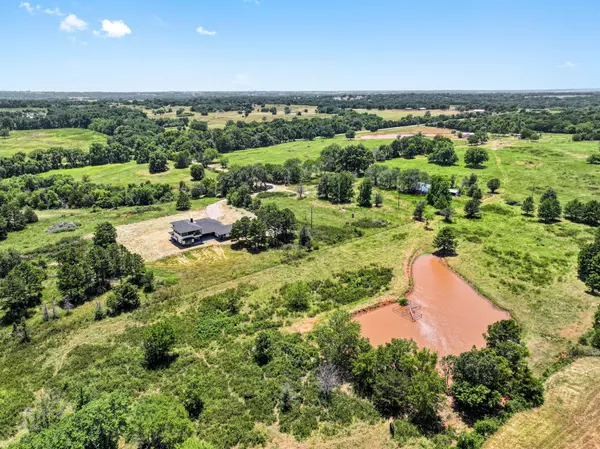
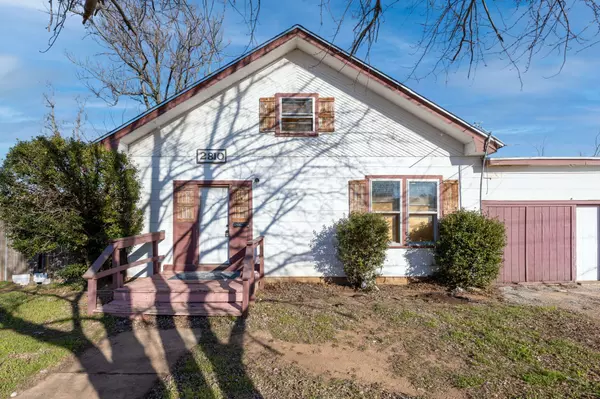


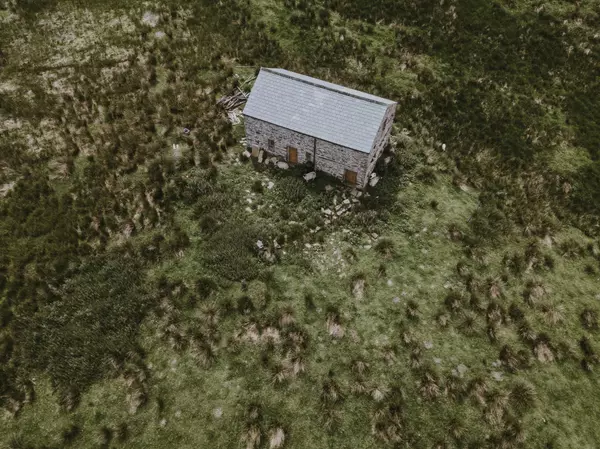
GET MORE INFORMATION

Real Estate Professional | License ID: 208357
